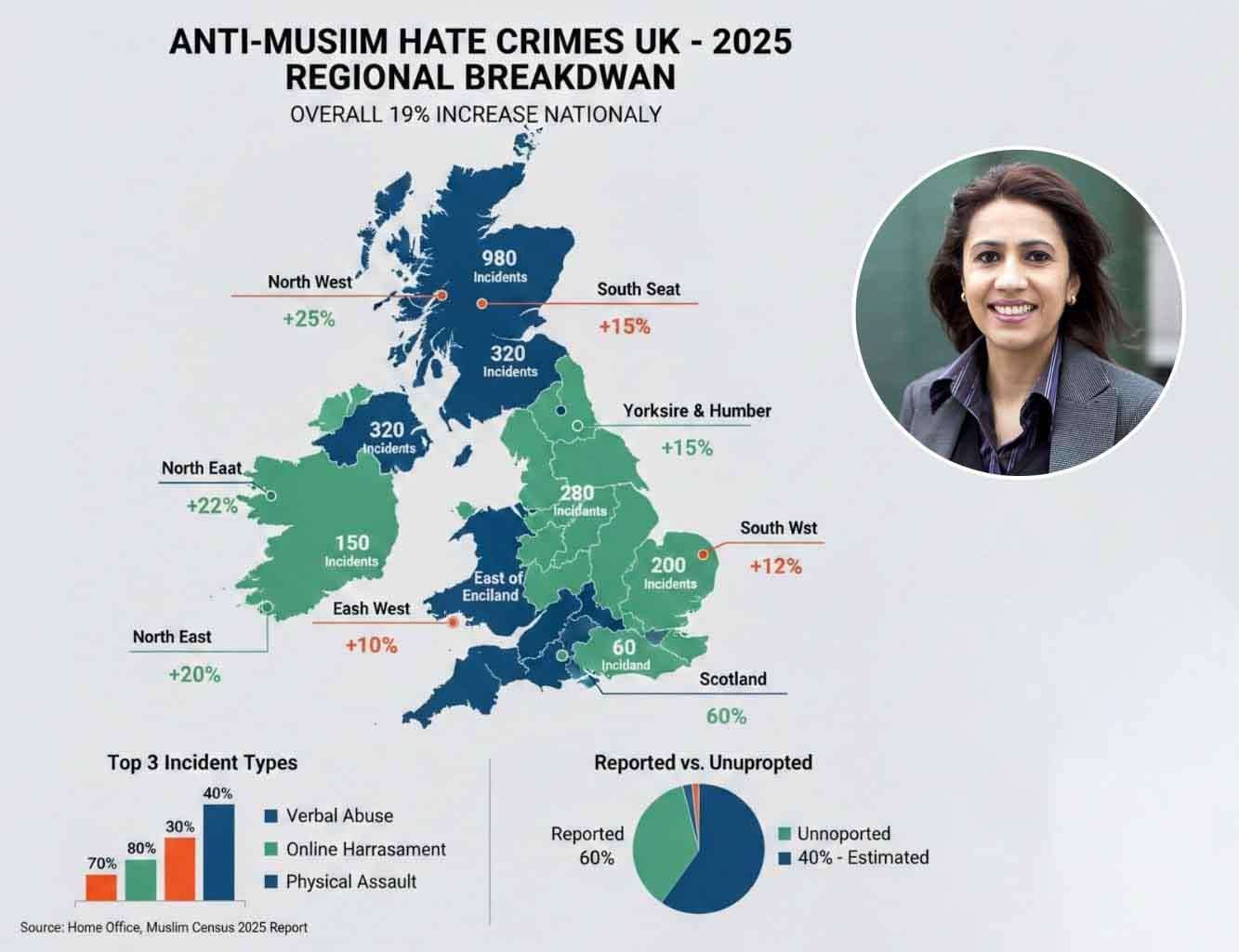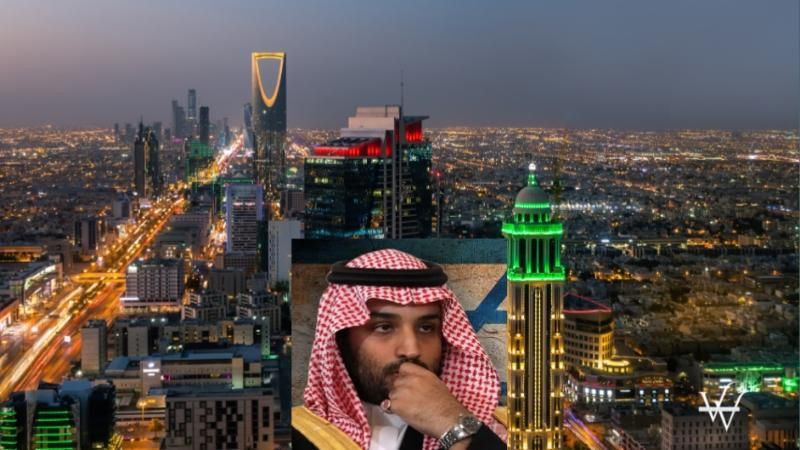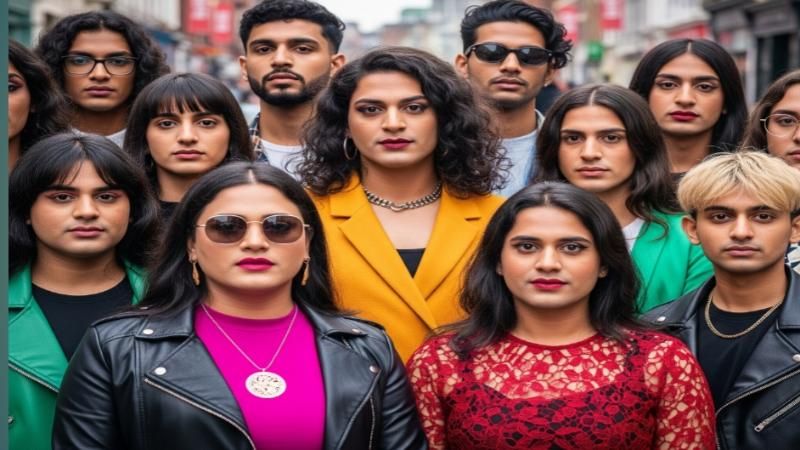Kingdom Faces Scrutiny as Economic Ambition Meets Enduring Islamic Prohibitions–For Muslims worldwide, this development sparks considerable discussion, given the unequivocal prohibition of alcohol (khamr) in Islam, deemed Haram (forbidden) by the Quran and Sunnah. The very presence of alcohol, even in restricted zones, in the land that cradles Islam's holiest sites, presents a profound moment of reflection on the balance between economic modernization and the preservation of deeply held religious tenets.
Navigating the Forbidden: Restricted Zones and Spiritual Concerns
The government has clarified that the authorized sale of certain alcoholic beverages, such as wine, beer, and cider (excluding spirits and drinks exceeding 20% alcohol content), will be strictly confined to highly regulated environments. These include five-star hotels, luxury resorts, licensed distributors, authorized embassies, and designated tourist hubs like the Red Sea Resort, Sindalah, and Neom. Additionally, residential compounds for expatriates and specific international cultural and business events will see controlled access.
Crucially, authorities have reiterated that any sale or consumption will be far removed from the revered cities of Makkah and Madinah, a measure designed to safeguard the spiritual purity of these holy sites, which remain absolutely forbidden for such provisions. Alcohol sales will continue to be prohibited in open public spaces, private homes, retail stores, and for home production. Access will be rigorously controlled, with licenses granted under stringent conditions to ensure consumption remains discreet and confined to designated areas, aiming to prevent broader societal impact.
Economic Aspirations Amidst Religious Conscience
This policy is intertwined with Saudi Arabia’s Vision 2030, a grand plan to reduce economic reliance on oil, cultivate world-class tourism infrastructure, and attract foreign investment. While acknowledging the potential for economic benefits, including job creation in hospitality and entertainment, the introduction of even limited alcohol sales raises questions about the long-term implications for the Kingdom's identity as the spiritual heart of Islam.
The move, while seemingly following models in neighboring countries like the UAE and Bahrain, where regulated alcohol availability exists, inevitably draws attention to the distinct and profound religious significance of Saudi Arabia. For many Muslims globally, the Kingdom has historically stood as the unwavering guardian of Islamic principles, including the complete prohibition of alcohol. This shift, therefore, is viewed not merely as an economic strategy but as a delicate negotiation of progress with the enduring spiritual and moral obligations that define the nation.
As the Kingdom navigates this complex path, the world's Muslims will observe closely how Saudi Arabia reconciles its economic ambitions with its sacred role as the land of the Two Holy Mosques, and how it continues to uphold the Haram nature of alcohol within its borders, even in designated areas. The challenge lies in ensuring that while embracing modernity, the core Islamic identity and the spiritual sanctity of the Holy Land remain absolutely paramount and uncompromising.








.svg)



